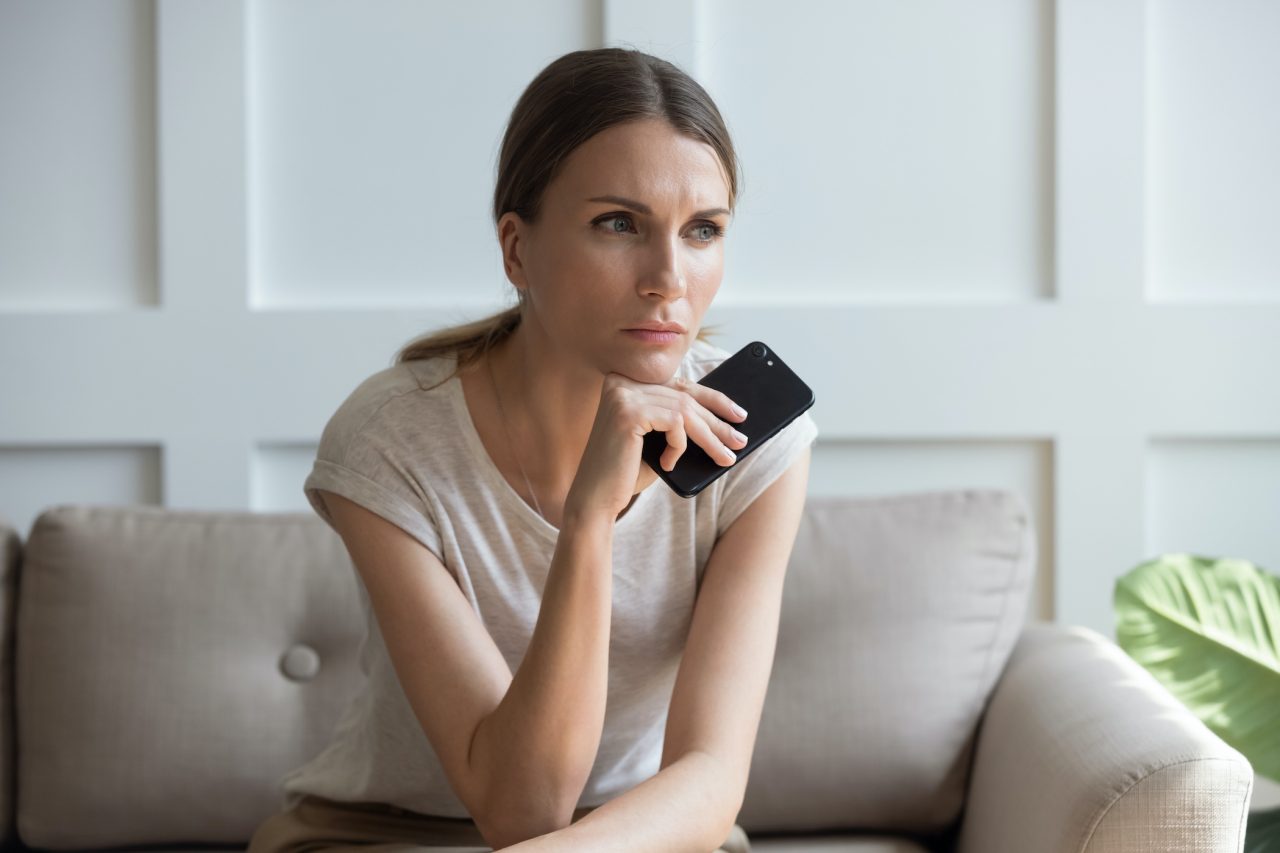Why Talking To Someone is a Good Idea
 I didn’t grow up in a culture that encouraged talk therapy. Psychiatrists and therapists were for the insane or the weak, not for regular people who were simply dealing with the normal ups and downs of life. Old school tough was the way to go — shut up and stand up. In my high school of 3,000 students, there were no wellness classes, and my college campus had no safe spaces. Even in medical school, I wasn’t trained in any useful kind of counseling, never spent sufficient time learning about the patient experience and the difference just a little listening can do. Decades later, based on personal and professional experience, I firmly believe in the incredible power of talk, so much so I went and got a health and life coaching certification. Many people asked me, “You are a doctor. Why would you need that?” And, my answer was and is “I don’t. I just want to be better at helping my patients cope, helping them change harmful habits and helping them to live a better life.” No one actually needs a license to coach, and as a physician for many years, I am very comfortable talking with patients and asking the difficult questions. Coaching, however, adds a whole other level to this, and additionally, I believe it makes me a better doctor.
I didn’t grow up in a culture that encouraged talk therapy. Psychiatrists and therapists were for the insane or the weak, not for regular people who were simply dealing with the normal ups and downs of life. Old school tough was the way to go — shut up and stand up. In my high school of 3,000 students, there were no wellness classes, and my college campus had no safe spaces. Even in medical school, I wasn’t trained in any useful kind of counseling, never spent sufficient time learning about the patient experience and the difference just a little listening can do. Decades later, based on personal and professional experience, I firmly believe in the incredible power of talk, so much so I went and got a health and life coaching certification. Many people asked me, “You are a doctor. Why would you need that?” And, my answer was and is “I don’t. I just want to be better at helping my patients cope, helping them change harmful habits and helping them to live a better life.” No one actually needs a license to coach, and as a physician for many years, I am very comfortable talking with patients and asking the difficult questions. Coaching, however, adds a whole other level to this, and additionally, I believe it makes me a better doctor.
Maybe the way I was raised with regard to mental illness wasn’t so much insensitive, as it was based in the reality of our lives back then. Do the differences in our culture now make speaking with someone, whether it is a coach, or a therapist or a psychologist, more valuable than it has ever been before? Maybe. Consider this.
In the past, there was simply more time to process our feelings. Maybe it was less cool to talk about them, but there was a ton of downtime. There were fewer distractions, and our patience to be in the moment was strong because we often had no other choice. Silence was a real thing. Now we need an app for that.
Decades ago, when teenagers (adults too) got together with friends, we just talked and hung and talked and hung some more. We were present with each other, and we expressed ourselves. While we did, someone else listened. Now, a “party” often looks like a bunch of people looking at their personal screens, and expressing emotion usually comes in the form of an emoji or a meme.
As a society, we are quickly losing our ability to focus, and our need for immediate gratification is growing. Unfortunately, neither of these lends itself to emotional self care and resilience. We want a quick fix for just about everything, and get frustrated with ourselves when we can’t hit the easy button to go from anxious to happy.
Without even touching upon the additional stressors we face from things like social media inspired compare and despair, a warped cultural definition of success, and technology developing faster than our brain can adapt, you can see just by looking at the way we live how speaking with someone about life, decisions, behaviors, etc. can be helpful. I get frustrated by the school approach to mental health. Almost every effort is directed at students in major crisis, and while of course these children need to be our priority, little to no attention is directed toward the masses where even a little effort can prevent these crises. My point is this. You do not need to have a specific problem, you do not need to be in crisis, and you do not have to wait until you are concerned about symptoms of mental illness to reach out.
Think of hiring a professional the way you might hire a personal trainer. Yes, you might be able to exercise on your own, but when you have a trainer, you make the time, you have accountability and you have someone guiding you through your workout safely. The same is true with coaching and/or therapy.
I realize it is an economic luxury for many, but in these strange times, with mental illness, addiction and stress rising at large rates, it is something to consider. Already a culture riddled with loneliness and isolation, we are now a culture of terror and confusion. The toll on our own mental health, and the emotional health of our children, is going to be great.




















